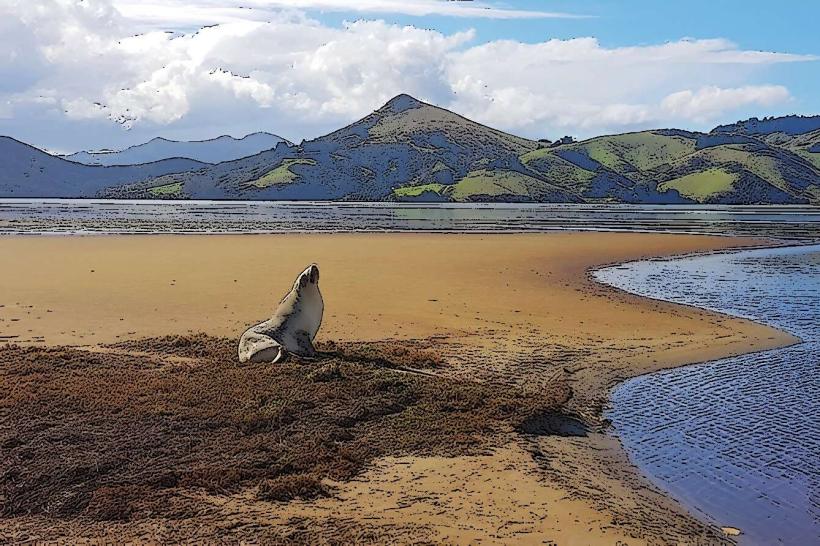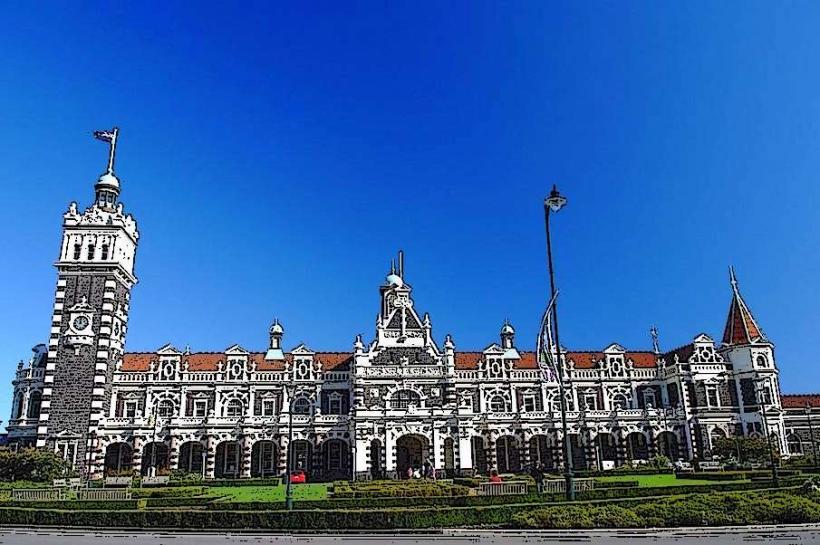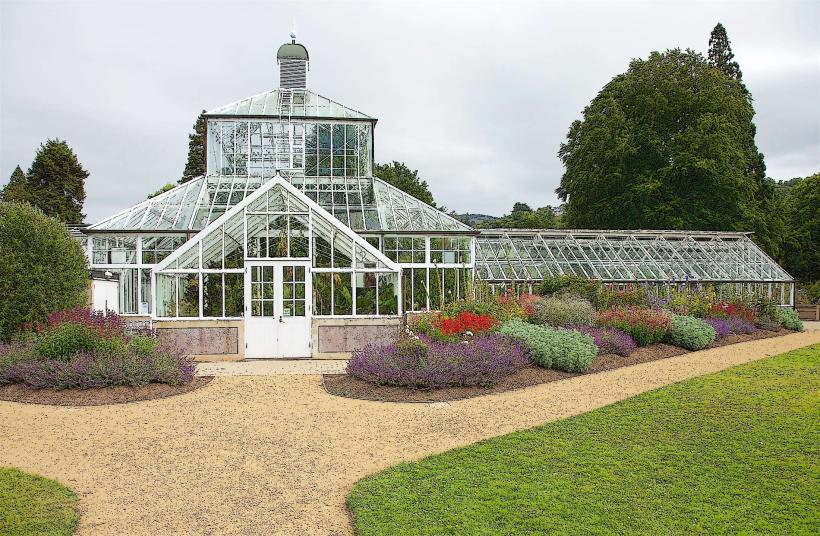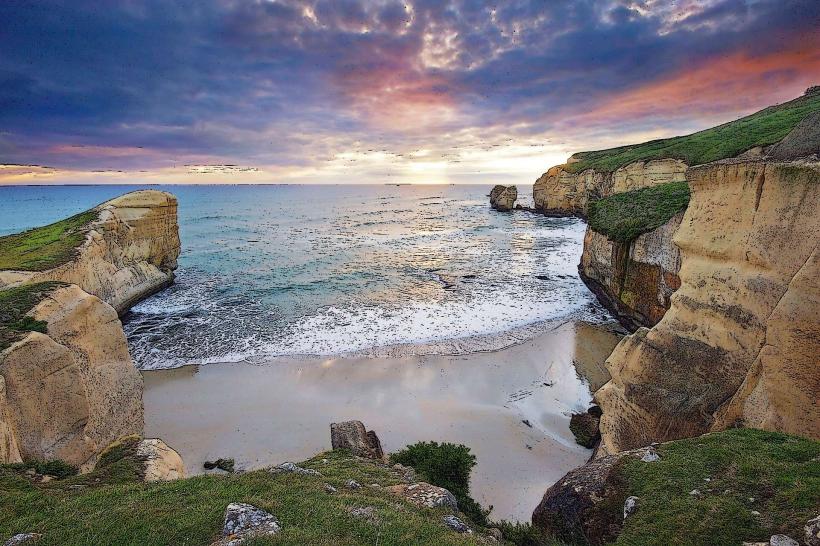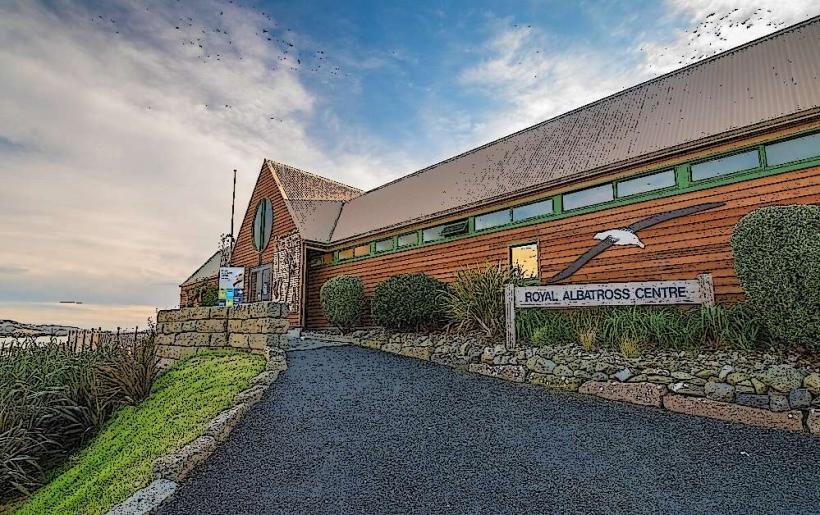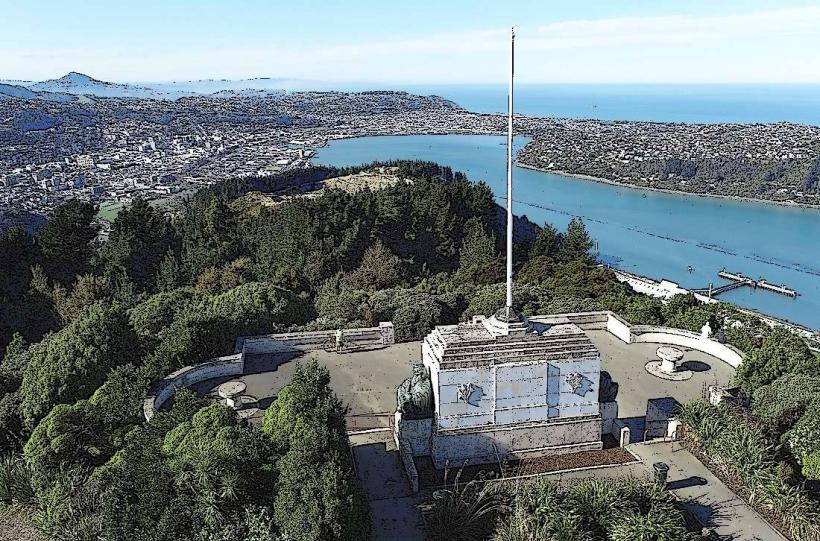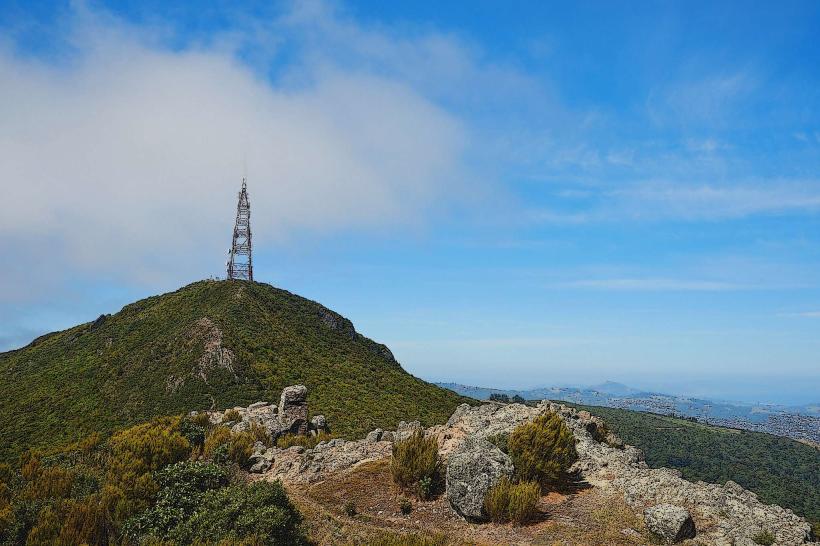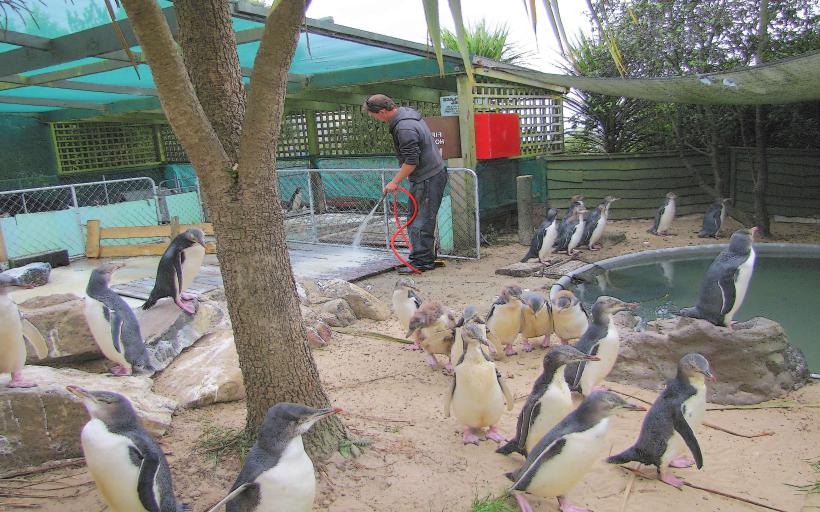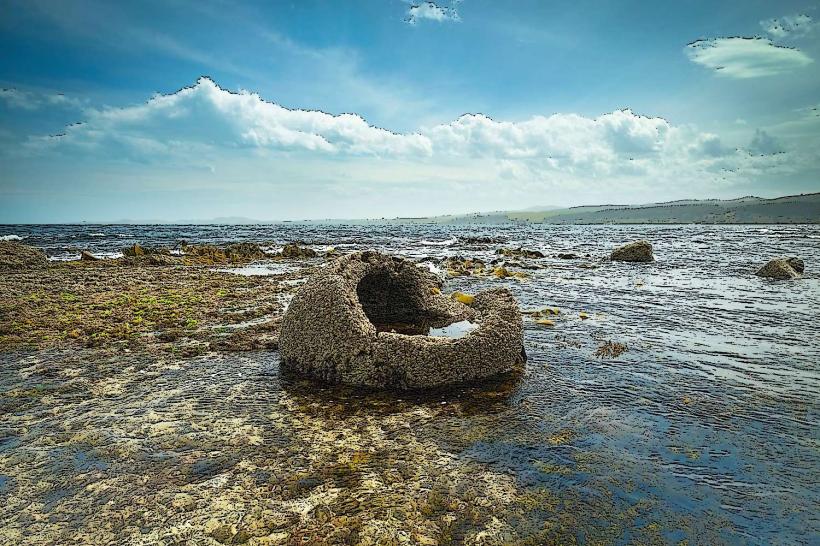Information
Landmark: Sandfly BayCity: Dunedin
Country: New Zealand
Continent: Australia
Sandfly Bay is a stunning, remote beach located on the Otago Peninsula, near Dunedin on the South Island of New Zealand. It is renowned for its natural beauty, pristine environment, and rich wildlife, particularly its population of yellow-eyed penguins and sea lions. The bay is a popular destination for nature enthusiasts, wildlife watchers, and photographers who come to experience its unique coastal landscape and diverse fauna.
Key Features of Sandfly Bay:
1. Scenic Location
Sandfly Bay is located on the Otago Peninsula, which is famous for its rugged coastline, scenic vistas, and diverse wildlife. The bay is part of a conservation area that includes beaches, sand dunes, and coastal cliffs.
The bay is often considered one of the most picturesque spots on the peninsula, offering dramatic views of rolling sand dunes, a crystal-clear bay, and the distant Pacific Ocean. The backdrop of wild hills and breathtaking views contributes to the feeling of isolation and tranquility that visitors can experience here.
2. Wildlife Watching
One of the most notable features of Sandfly Bay is its wildlife. The bay is home to a number of rare and protected species, and it provides a unique opportunity to see some of New Zealand’s iconic wildlife in their natural habitat.
Yellow-eyed penguins (also known as hoiho) are one of the main attractions at Sandfly Bay. The bay is one of the few places on the Otago Peninsula where these endangered penguins can be observed. Visitors can see the penguins coming ashore at dusk or early in the morning, when they return from their fishing trips at sea.
The bay is also home to a colony of New Zealand sea lions, which are often seen lounging on the sand or playing in the surf. These marine mammals are protected, and their presence at Sandfly Bay adds to the beach’s appeal as a wildlife haven.
Fur seals and a variety of sea birds can also be spotted along the bay’s shores, making it a popular spot for birdwatching. The sand dunes and surrounding coastal areas are home to a range of native plants and animals that thrive in the region's coastal environment.
3. Sand Dunes and Beach
The bay is surrounded by tall sand dunes, which are a key feature of its landscape. The dunes can be climbed for panoramic views of the beach and the surrounding area. These dunes also create a natural barrier between the bay and the nearby forested areas.
The beach itself is relatively secluded, and visitors can enjoy peaceful walks along its shore, exploring the natural beauty and taking in the fresh sea air. The golden sands and crystal-clear water make it a beautiful spot for taking photographs and enjoying the serene environment.
4. Accessibility
Sandfly Bay is somewhat remote, and getting there requires a short walk (approximately 20 minutes) from the parking area. The walk to the beach takes visitors through native bush and past steep sand dunes, which may require some effort to traverse.
While the walk is not overly challenging, it can be a bit strenuous due to the sand dunes, so it’s important to be prepared for the terrain. Visitors should wear sturdy footwear for comfort during the walk.
There is also a viewing platform located near the entrance to the beach, which provides a great vantage point to spot wildlife, especially the yellow-eyed penguins as they come ashore.
5. Conservation Efforts
Sandfly Bay is part of a protected conservation area managed by Department of Conservation (DOC), and efforts are made to preserve the wildlife and natural environment in the area. The yellow-eyed penguin is one of New Zealand’s most endangered species, and various initiatives are in place to monitor and protect the population.
Visitors are encouraged to respect the area’s conservation rules, including maintaining a safe distance from wildlife and refraining from disturbing the animals. The use of binoculars is recommended for those wanting to observe the penguins and sea lions without getting too close.
The area is an important part of the Otago Peninsula's wildlife preservation efforts, which focus on protecting the unique species that inhabit the peninsula, including the yellow-eyed penguins, sea lions, and various seabirds.
6. Best Time to Visit
The best time to visit Sandfly Bay for wildlife viewing is during the breeding season of the yellow-eyed penguins, which typically runs from October to February. During this time, penguins can be seen returning to the beach in the evening or early morning.
For those looking to avoid crowds and experience a more peaceful visit, the off-season months from March to September also offer opportunities to explore the beach and see the wildlife, though there will be fewer penguin sightings.
It’s also worth noting that dawn and dusk are the best times for spotting wildlife, especially the penguins as they come ashore. Visitors should plan their visit accordingly if they want to witness these creatures in action.
7. Photography and Scenic Views
Sandfly Bay is a paradise for photographers, thanks to its breathtaking landscapes, wildlife, and ever-changing coastal conditions. The mix of sand dunes, clear blue waters, and rolling hills makes it an ideal spot for capturing the beauty of New Zealand’s natural environment.
The golden light during the early morning and late afternoon offers excellent opportunities for landscape photography, while the wildlife adds another dimension to the experience.
Summary
Sandfly Bay is a hidden gem located on the Otago Peninsula, offering visitors the chance to experience New Zealand’s unique coastal wildlife and natural beauty. With its yellow-eyed penguins, sea lions, and stunning scenery, it is a must-visit destination for nature lovers and wildlife enthusiasts. The secluded beach and sand dunes add to the area’s charm, and the conservation efforts in place make it an important site for the protection of endangered species. Whether you're hiking through the dunes, watching wildlife, or simply enjoying the peaceful atmosphere, Sandfly Bay is a memorable spot for any traveler to explore.


